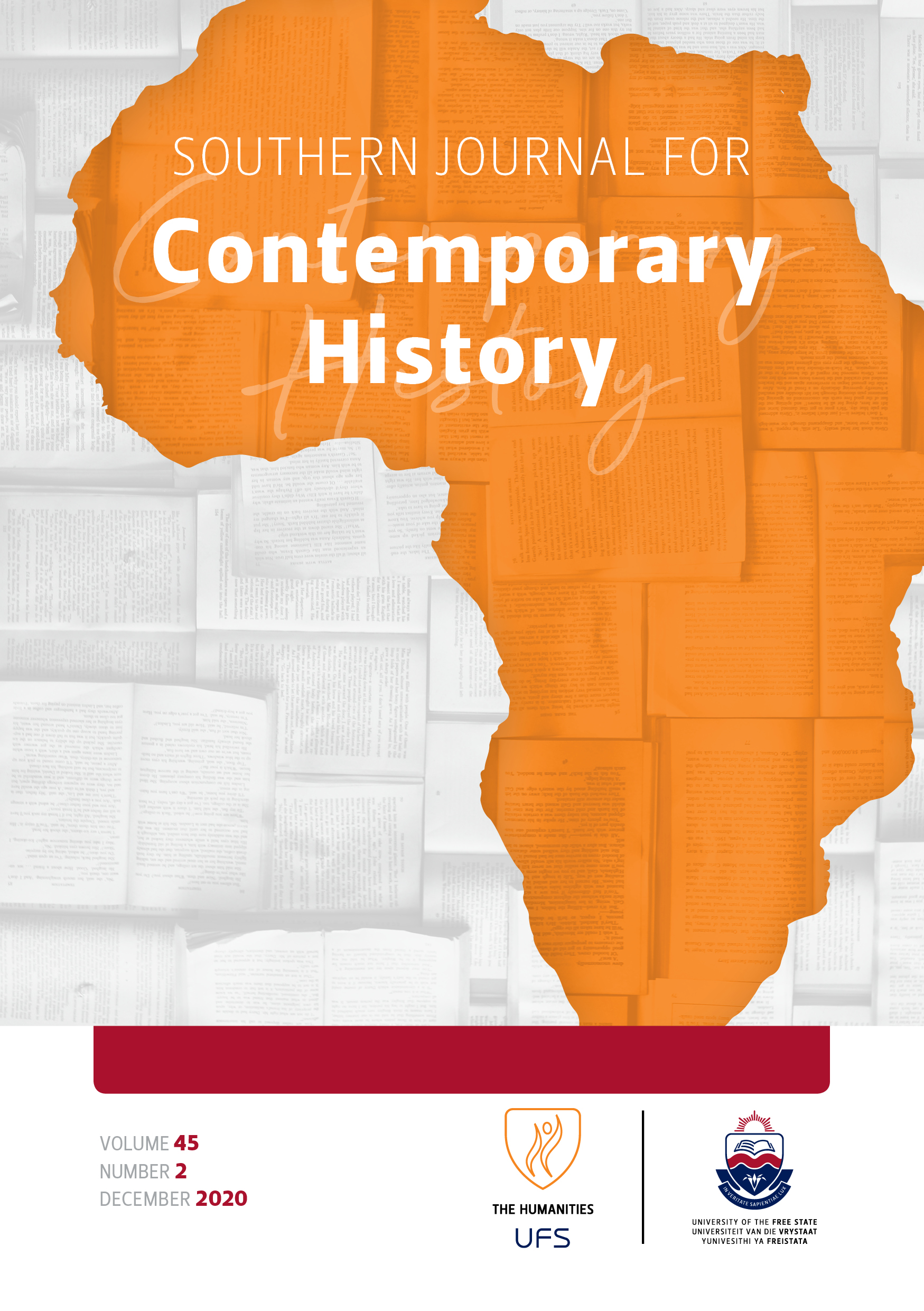Winds of small change: Chiefs, chiefly powers, evolving politics and the state in Zimbabwe, 1985–1999
DOI:
https://doi.org/10.38140/sjch.v45i2.5042Keywords:
Chiefs, Traditional leaders, Government, Zimbabwe, ZANU-PF, History, PoliticsAbstract
In 1980, the independence government of Zimbabwe adopted a political and administrative policy which was hostile to chiefs. The charge was that chief taincy was backward, unproductive, undemocratic, and a “sellout” institution that had sided with the colonial system. Consequently, chieftaincy was relegated to the fringes of the state, whereby it lost its authority over grassroots judicial and land affairs, a key marker of its power and status. However, from 1985 the government began to court the chiefs by, among other ways, ceasing hostile rhetoric and promising to return them their “original” powers. The scholarship has mainly explained this shift in terms of growing political opposition, among other factors that challenged the government’s legitimacy. This article examines the relationship between chiefs and government from 1985 to 1999. Building on literature that has emphasised the government’s motives for turning to chiefs, it considers whether chiefs got their powers back. It argues that the state did not cede back to chiefs the powers they yearned for and continued to keep them at the margins of its administrative processes. It mainly sought chiefs’ legitimating and mobilising capabilities in the context of waning political fortunes. By the close of the 1990s, chiefs were still battling to get their land and judicial powers back.
Downloads
##submission.downloads##
Published
How to Cite
Issue
Section
License
Copyright (c) 2020 Author(s)

This work is licensed under a Creative Commons Attribution 4.0 International License.




